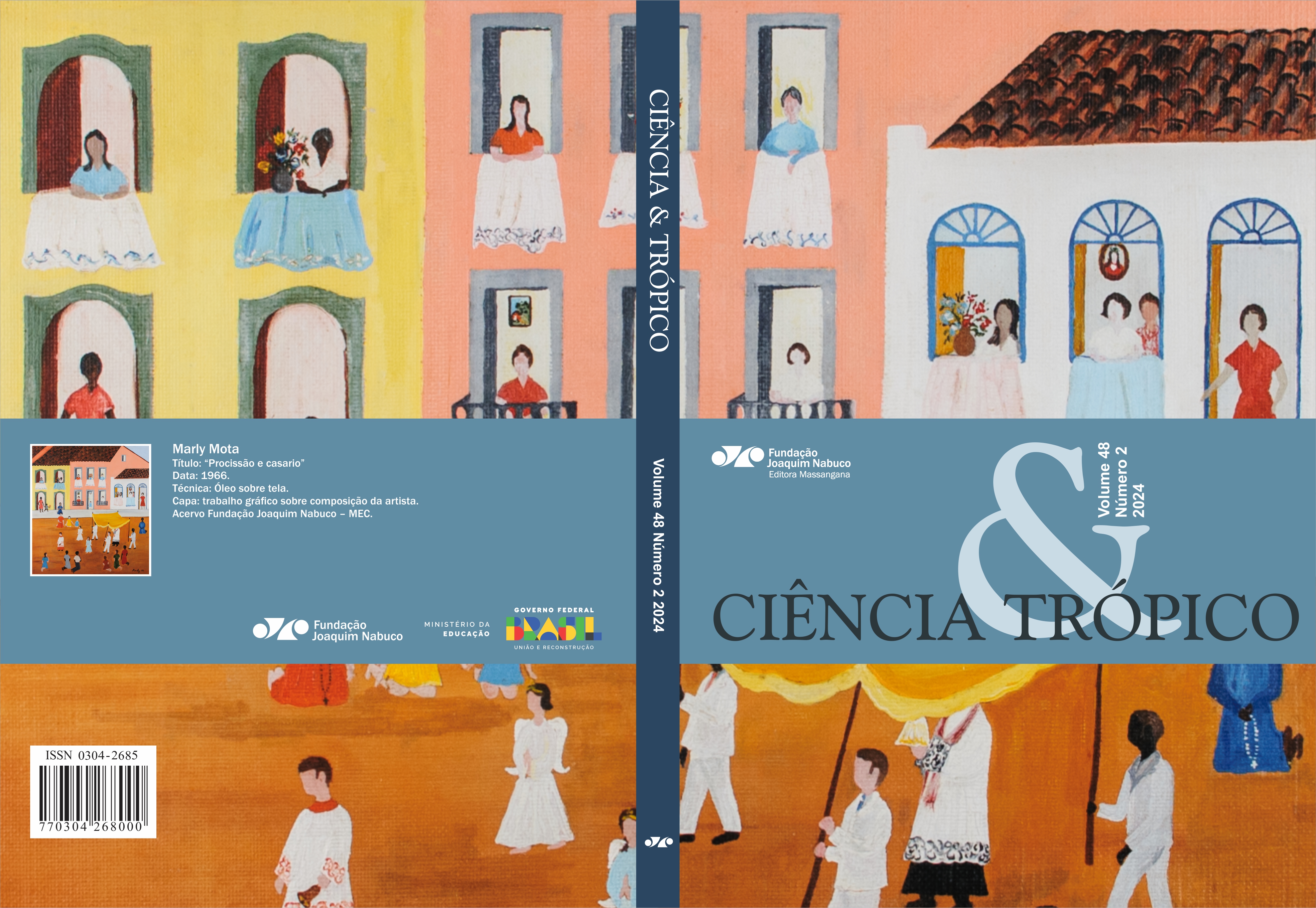An assessment of the performance of the political parties in Afghanistan
DOI:
https://doi.org/10.33148/CETROPv48n2(2024)2335Resumo
A formação de partidos políticos no Afeganistão tem sido baseada na estrutura étnica e tribal tradicional. A influência dos partidos na institucionalização e consolidação da democracia tem sido um tanto fraca. De fato, ao nos referirmos à história do Afeganistão, descobrimos que este país tem sido marcado por tensões e conflitos étnicos e religiosos. Esta pesquisa objetiva avaliar a trajetória histórica e o desempenho contemporâneo dos partidos políticos no Afeganistão. Especificamente, busca-se analisar a evolução da formação de partidos políticos desde 1947, categorizando-a em quatro regimes distintos: o regime dos reis, o regime comunista, os partidos jahadis e o regime democrático. O estudo se esforça para entender a dinâmica da proliferação de partidos políticos durante o regime democrático. A pesquisa empregou uma técnica de amostragem intencional para selecionar os participantes, consistindo de 21 membros de vários partidos políticos, 12 professores universitários com experiência em ciência política e 6 especialistas políticos afiliados a empresas de mídia. Um questionário foi aplicado entre esses participantes de três categorias distintas para reunir insights abrangentes sobre o contexto histórico e o cenário contemporâneo dos partidos políticos no Afeganistão. Por meio de análises qualitativas e quantitativas, o estudo visa discernir padrões, tendências e o desempenho geral dos partidos políticos no país.
Palavras-chave: Afeganistão. Avaliação. Partidos políticos. Desempenho. Governo.
Downloads
Downloads
Publicado
Como Citar
Edição
Seção
Licença
Copyright (c) 2024 Ali Juma Hamdard, Maria do Socorro Sousa Braga

Este trabalho está licenciado sob uma licença Creative Commons Attribution 4.0 International License.


